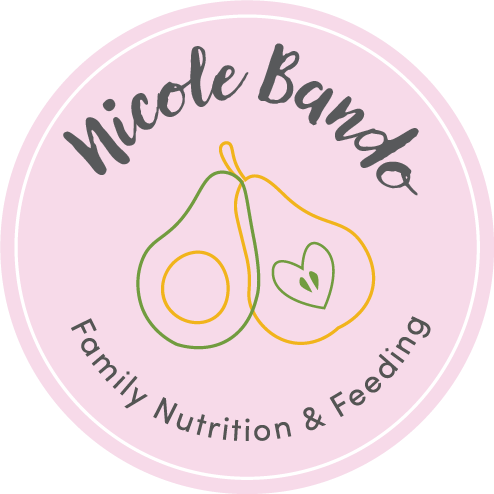
Eggs: how many is too many?
Eggs are a great source of nutrition, including protein, iron, choline, Vitamin D, B12, and selenium. Eggs contain heart healthy monounsaturated fats and also some saturated fat (which can increase cholesterol in excess). Include up to seven eggs a week, this won’t increase risk of heart disease. Those at increased risk of heart disease can eat up to six eggs per week.
How often should I eat fish?
Research supports including 2-3 portions of fish per week. Try to choose sustainably sourced fish and limit high mercury options, such as shark, swordfish, barramundi, orange roughy and ling. Low mercury fish include salmon, mackerel, tuna, sardines and shellfish.
Fish are a great source of omega-3 fatty acids (unsaturated fats – known as good fats!) which contributes to brain health and development and reduces risk of heart disease.
Protein, selenium, zinc, iodine, and vitamins A and D are other important nutrients in fish.
Vegetables: what’s 5 a day?
We may have all heard that adults need five serves of vegetables a day. To help figure this out, a serve of vegetables is ½ cup of cooked vegetables, canned or cooked legumes, or 1 cup of green leafy vegetables or chopped salad. To achieve this, aim to include half a plate of vegetables at lunch and dinner.
Did you know that toddlers need 2-3 serves per day, increasing to 5 serves by aged 9? A great way to increase vegetable intake, is to offer them 2-3 times per day, for important nutrients, including potassium, fibre, Vitamins C & A. Eat from the rainbow by choosing lots of different coloured vegetables. If 5 a day feels a bit tricky, start small and try to add some chopped carrot or cucumber to your morning snack. Frozen, canned and fresh are all great options.
By Emma McShane, Dietitian, edited by Nicole Bando (APD & IBCLC), October 2022




